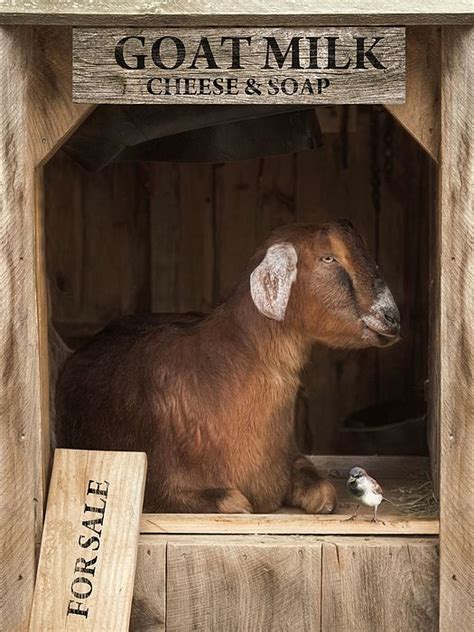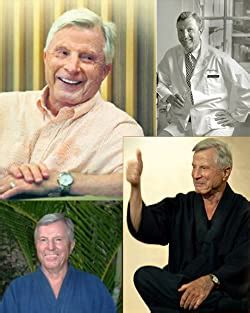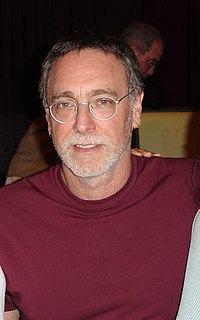A Quote by Elizabeth Thornton
Complete objectivity is not an option. We are all subjective about the way we respond to 'what is,' whether it's the people we encounter, the circumstances in our lives, or ourselves. What we can do is reduce our subjectivity - what I call 'I see, therefore it is.'
Related Quotes
The misfortune of others is our misfortune. Our happiness is the happiness of others. To see ourselves in others and feel an inner oneness and sense of unity with them represents a fundamental revolution in the way we view and live our lives. Therefore, discriminating against another person is the same as discriminating against oneself. When we hurt another, we are hurting ourselves. And when we respect others, we respect and elevate our own lives as well.
The animate earth - this moody terrain that we experience differently in anger and in joy, in grief and in love - is both the soil in which all our sciences are rooted and the rich humus into which their results ultimately return, whether as nutrients or as poisons. Our spontaneous experience of the world, charged with subjective, emotional, and intuitive content, remains the vital and dark ground of all our objectivity
When you read about the lives of other people, people of different circumstances or similar circumstances, you are part of their lives for that moment. You inhabit their lives, and you feel what they're feeling, and that is compassion. If we see that reading does allow us that, we see how absolutely essential reading is.
It's good to see so many friends here in the Rose Garden. This is our first event in this beautiful spot, and it's appropriate we talk about policy that will affect people's lives in a positive way in such a beautiful, beautiful part of our national - really, our national park system, my guess is you would want to call it.
We all perform our lives in a way. And the actor is a perfect metaphor to get at that theme of "how do we find our authentic selves?" And that we all - whether we're actors or not - perform ourselves. As a way of searching. As a way of fumbling around and trying to say, is this my voice? Is this who I am?
We all perform our lives in a way. And the actor is a perfect metaphor to get at that theme of 'how do we find our authentic selves?' And that we all - whether we're actors or not - perform ourselves. As a way of searching. As a way of fumbling around and trying to say, is this my voice? Is this who I am?
Our brain and our whole nervous system and our whole body are only created in relation to other people and to the environment. So what we have here is an enormously complex notion of both consciousness and unconsciousness. That's why these models get very difficult, because you can't reduce our subjective and intersubjective experience to neural reductions.
As we lose our vagueness about ourself, our values, our life situation, we become available to the moment. It is there, in the particular, that we contact the creative self. Art lies in the moment of encounter: we meet our truth and we meet ourselves; we meet ourselves and we meet our self-expression .




































